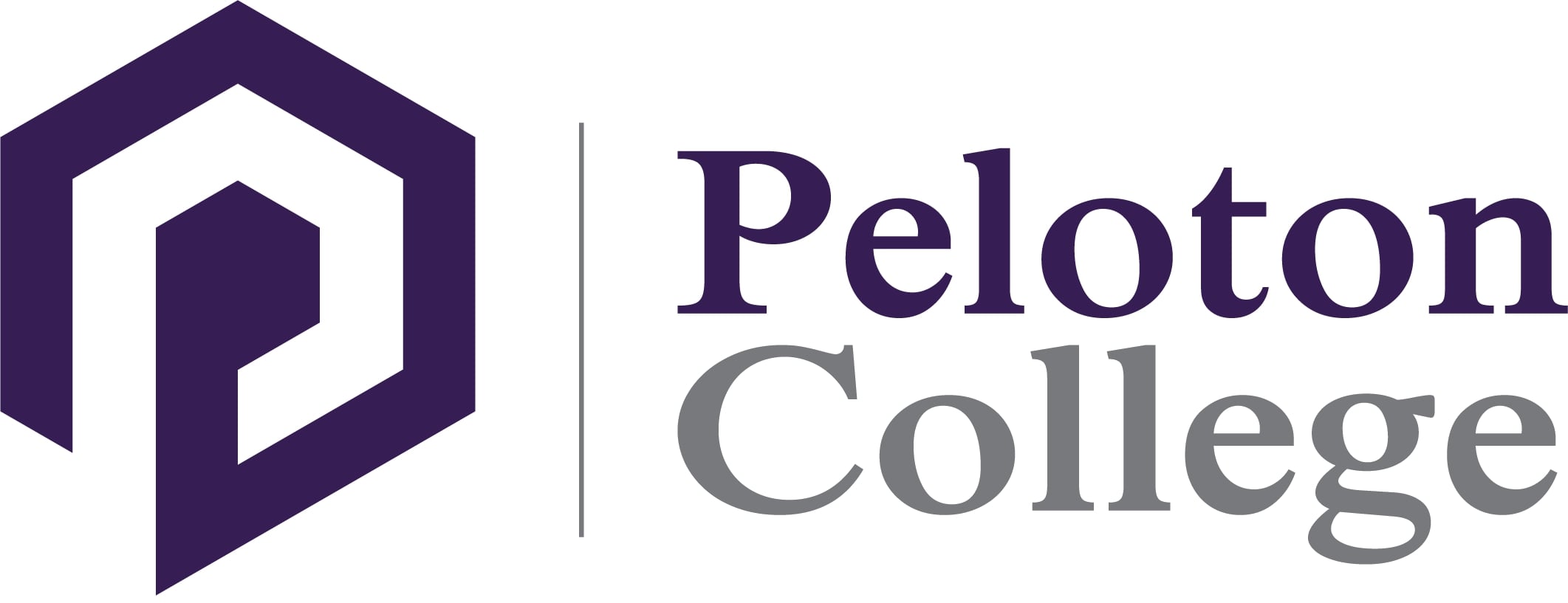Why is Medical Terminology Important for Medical Assistants?

Working in the healthcare field without a grasp of the terminology is like visiting a foreign country without knowing the language. You can do it, but it’s tough. Medical assistants should be familiar with the most common terms to do their job effectively. And here’s why.
Why is Medical Terminology Important for Medical Assistants?
Medical terminology serves two important purposes:
It Streamlines Communication
Medical terminology conveys more information with fewer words than speakers’ native tongues. A universal language, it makes communication between healthcare professionals more efficient.
It Standardizes Documentation
Volumes of data are exchanged daily between hospitals, healthcare providers, laboratories, pharmacists, and insurers. Using standardized terminology keeps everyone on the same page.
Terminology touches all aspects of a medical assistant’s job. You’ll need it to:
- Read doctor’s notes, surgical reports, and laboratory results.
- Code insurance forms.
- Manage referrals.
- Place supply orders.
- Converse with other members of the healthcare team
- Simplify jargon for patients.
As a liaison between patients and providers, understanding medical terminology and approved abbreviations is the foundation of good communication.
How Do Medical Assistants Learn About Medical Terminology?
Medical terminology is among the first classes you’ll take in a vocational school medical assisting program. You’ll learn how complex words are constructed from a handful of prefixes, suffixes, and root words. Knowing how to deconstruct terminology is easier than memorizing thousands of individual terms.
Hyperlipidemia, for example, is a tongue twister, but breaking it down into parts is straightforward. The prefix hyper- means high, the root word lipid- means fat, and the suffix -emia means blood. Together, they mean a patient has high levels of blood fat.
Oxford’s Concise Medical Dictionary contains over 12,000 words. But by using this method, medical assistants can decipher most terms in a chart without ever picking up a book.
Basic Medical Terminology
As a medical assistant, you will need to know how to decipher common medical terminology. This can be done by learning prefixes, suffixes, and root words.
Prefixes
Placed before a root word, a prefix changes its meaning. Common medical prefixes include:
A- The prefix a- means without. Atypical, for example, means without an obvious pattern. Asymptomatic means without symptoms.
Acu- means sharp, sudden, or severe. An acute illness is one that strikes suddenly.
Anti- means opposite or against. Antibiotics fight infection. Anticoagulants prevent clotting. Antivenom reverses the effects of snake or insect venom.
Agglutin- means clumped together. Agglutination testing, for example, evaluates how fast blood cells clot.
Arthro- refers to joints. Arthritis is joint inflammation while an arthroplasty is a joint replacement surgery.
Bari- and baro- refer to weight or pressure. Bariatric surgery for example, is a procedure to treat obesity. Baroreceptors are cells that control blood pressure.
Carcin- means cancer. A carcinogen is a cancer-causing substance. A carcinoma is a type of cancerous tumor.
Derm- refers to the skin. A dermatologist is a skin specialist. A dermatophyte is a skin parasite.
Dys- means abnormal or painful. Dysmenorrhea is painful menstruation. Dysuria is abnormal urination.
En- means within. Encephalopathy, for example, refers to swelling within the brain.
Eryth- or erythro- means red. Erythema is a common term for skin redness. An erythrocyte is a red blood cell, a term medical assistants will see often on lab reports.
Ferri- or ferro- refers to iron. A ferritin level, for example, measures blood iron concentrations.
Hep- refers to the liver. Hepatitis is an inflammation of the liver.
Hyper- means excessive. Hyperthyroidism is the overproduction of thyroid hormones. Hyperglycemia is high blood sugar.
Idi – means unknown. An idiopathic condition has no known cause.
Leuk- pertains to white blood cells. Leukemia is the abnormal proliferation of white blood cells or leukocytes. Leukocytosis is a high white blood cell level.
Lip- or lipo- means fat. A lipoma is a fatty tumor. Liposuction is the surgical removal of fat.
Macro- means large. A macrocyte, for example, is a large cell.
Poly- means many or excessive. Polyuria refers to excessive urination. Polydipsia is excessive thirst.
Rhin- or rhino- refers to the nose. Allergic rhinitis is a runny nose due to allergies. A rhinoplasty is a cosmetic surgery that alters the shape of the nose.
Somno- means sleep. Somnolence refers to excessive sleepiness.
Vaso- refers to blood vessels. A vasodilator, for example, is a drug that enlarges vessels. A vasoconstrictor narrows them.
Suffixes
Suffixes come at the end of medical terminology. Common medical suffixes include:
-algia refers to pain. Arthralgia, for example, is joint pain. Neuralgia means nerve pain.
-blast means immature. A cytoblast is an immature cell.
-edema indicates swelling. Lymphedema, for example, is swelling caused by the build-up of lymphatic fluid.
-gram refers to a diagnostic test. An electrocardiogram is a tracing of electrical activity in the heart. A roentgenogram is another word for an x-ray.
-helminth refers to worms. An antihelminth medication is a drug that kills intestinal parasites.
-ician means specialist. A pediatrician, for example, is a children’s specialist. A geriatrician treats seniors.
-mega means large. Someone with hepatomegaly has an enlarged liver.
-ology refers to a field of study. A cardiology practice treats heart patients. A urology practice specializes in urinary tract care.
-plasty means a surgical repair. A dermoplasty is a skin graft.
-scope refers to an instrument used to see inside the body. An ophthalmoscope sees into the eye. Doctors use otoscopes to examine the ears.
Root Words
Root words are core words. They reflect the primary meaning of a term. Common medical roots word include:
Abdomino- means abdomen. An abdominoplasty, or tummy tuck, lifts and reduces excess tissue over the abdominal area.
Cardio- refers to the heart. A cardiologist treats heart disorders. Cardiomyopathy is a dangerous enlargement of the heart muscle.
Gastro- means stomach. A gastrointestinal illness refers to a disease of the stomach. A gastroenterologist is a doctor who treats stomach and intestinal disorders.
Gyne- means female. A gynecologist, for example, is a doctor who treats disorders of the female reproductive tract.
Hemo- or hema- refers to blood. A hematologist treats blood disorders. Hemodialysis is a blood cleansing process for patients with kidney failure.
Nephro- means kidney. A nephrologist is a specialist in kidney function. Nephrolithiasis is another word for kidney stones.
Neuro– refers to nerves. A neurologist is a doctor who treats nerve conditions. A neuropathy is a painful nerve condition.
Osteo– means bone. Osteoarthritis is an arthritic condition of the bone. Osteoporosis is the loss of bone mass.
Pulmon– refers to the lung. A pulmonologist is a respiratory system specialist. Pulmonary hypertension refers to the high blood pressure in the arteries of the lungs.
Approved Medical Abbreviations
Medical abbreviations are important medical terminology. Each organization or facility approves its own for consistency. These are among the many you’ll run across as a medical assistant.
AOB — Alcohol on breath
ALOC — Acute loss of consciousness
APAP — acetaminophen or drugs containing it
ASA — aspirin
BID — twice daily
BM —bowel movement
BMI —body mass index
BP — blood pressure
CAP — a capsule
CHF — congestive heart failure
CPR — cardiopulmonary resuscitation
CVA — a cerebrovascular accident or stroke
DNR — do not resuscitate
DO — disorder
DOA — dead on arrival
ED/ER — emergency department or emergency room
EMS — emergency medical services
FHR — fetal heart rate
GTT — a drop
ID — infectious disease
IM — intramuscular
IV — intravenously
LFT — liver function tests
HR — heart rate
HS — at the hour of sleep or a bedtime
KUB — a diagnostic test for the kidneys, ureter, and bladder
MRI — a magnetic resonance imaging scan
NICU — a neonatal intensive care unit for premature infants
NSAID — a non-steroidal anti-inflammatory drug
NPO — nothing by mouth, meaning not to eat or drink
PCN — penicillin
PNA — pneumonia
PO — take by mouth
OR — operating room
PT — physical therapy/therapist
OT —occupational therapy/therapist
RBC — red blood cell
RX — a prescription or prescription medication
SC or SQ — subcutaneous
SOB — shortness of breath
S/S — signs and symptoms
ST — speech therapy/therapist
STAT— immediately
TID — three times daily
UA — urinalysis
QID — four times per day
VS — vital signs
WBC — white blood cell
Final Thoughts
Did learning about medical terminology interest you? Becoming a medical assistant is a rewarding career, helping others stay healthy and happy. Learn more about how Peloton College can help you become a medical assistant and we will be with you every step of the way.
Want to Learn More?
The objective of this Medical Assistant training program at Peloton College is to prepare the student for employment as an entry-level Medical Assistant performing administrative, clerical, and clinical duties within the health care field.
The mission of Peloton College is to be the premier provider of hands-on training and education by providing students and graduates with the necessary skills to secure occupational careers. Contact us today to learn more.



